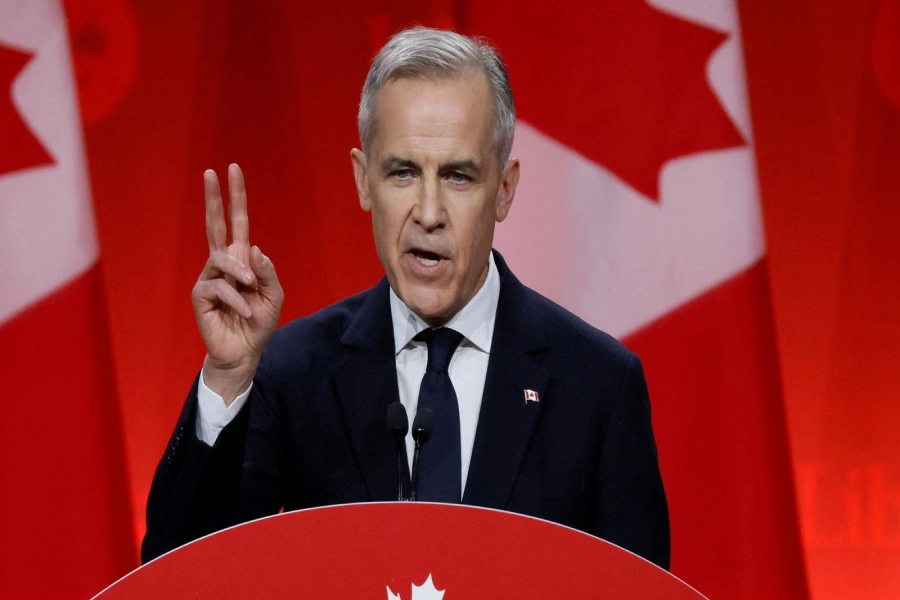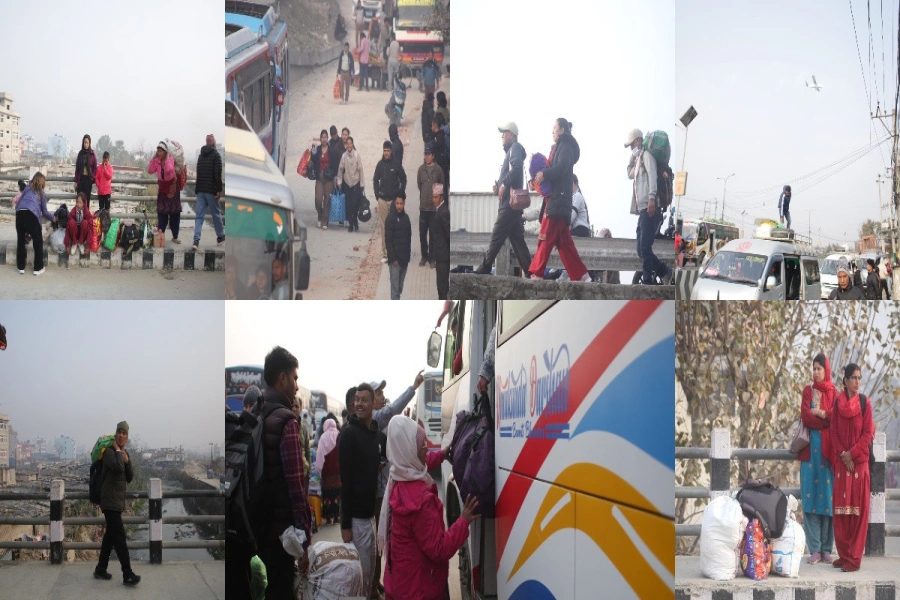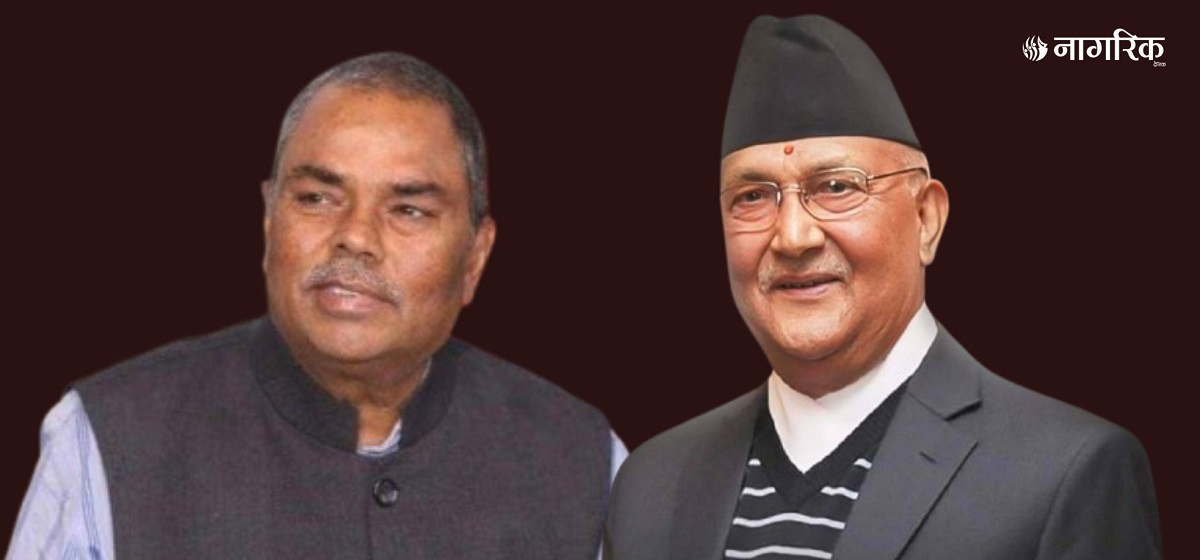There is a long-standing belief that in a parliamentary system, the government belongs to the ruling party, while the parliament belongs to the opposition. This implies that the voices raised by the opposition must be taken seriously. This is a fundamental principle of a functioning parliamentary democracy. Healthy criticism of the government is the essence of such a system. The opposition plays a vital role in holding the government accountable and ensuring that its actions and policies do not lead the country or its people into crisis. Unfortunately, Nepal’s parliament is often mired in disputes. The opposition frequently makes a range of demands—some rational, some not—while the ruling party typically responds only under pressure. This pattern has repeated itself time and again, leading to prolonged parliamentary deadlocks. The ongoing obstruction of parliament is now having serious consequences. Crucial legislation required to implement the federal system is either pending or not being amended. Meaningful debate on budget allocation is also being sidelined. Ironically, even on days when parliament is stalled, lawmakers continue to draw their allowances.
At present, opposition parties are obstructing parliamentary proceedings over allegations of human trafficking, claiming that Nepali citizens were sent abroad under the guise of visit visas. They are demanding the resignation of the Home Minister and the formation of an investigative committee. Recently, the main opposition party—the CPN (Maoist Center)—and the CPN (Unified Socialist) reached a two-point agreement with the ruling coalition to lift the obstruction. However, the Rastriya Swatantra Party (RSP) has continued its protest, preventing parliament from functioning smoothly. This obstruction not only delays important legislation and misuses taxpayers’ money but also undermines the parliamentary process by ignoring the concerns of the opposition. In a parliamentary system, the majority governs, but it must also respect the minority. That’s why such systems are adopted in many democracies around the world. When an issue is raised in parliament, it cannot simply be brushed aside. Some parties may have more representatives, some fewer. Some may be composed of members from a specific religion or ethnic group. But the number of seats or social background should not determine the validity of an issue raised in parliament. Even if a party has only one representative earnestly raising a concern, the ruling side has a responsibility to listen and respond. Otherwise, it becomes a mockery of the parliamentary system.
FM Rana advocates for feminist foreign policy to promote equali...

The current treatment of the RSP by the ruling coalition is entirely inappropriate. While the ruling parties may disapprove of the RSP’s mode of protest, the latter has chosen a peaceful and symbolic form of dissent—such as wearing yoga outfits or blue scarves—eschewing violence or vandalism. Yet, the government, seemingly rattled by this approach, has started suggesting that RSP lawmakers should be expelled from the parliament building—an idea that is entirely undemocratic. Instead of resorting to coercion, the government must make a genuine effort to address the concerns raised by the opposition. Force has no place in parliamentary democracy. Only by constructively engaging the opposition can the government preserve the dignity of parliament and set a proper precedent for the future. The responsibility to calm the situation and steer the country forward lies with those in power. Only when all parties fulfil their democratic duties can Nepal begin to overcome its current political dissatisfaction.








































